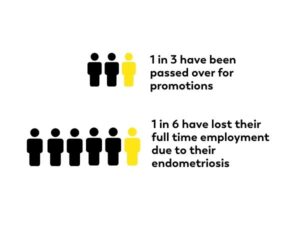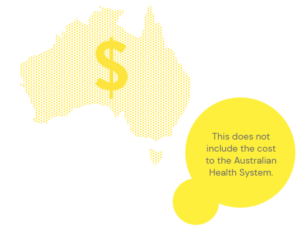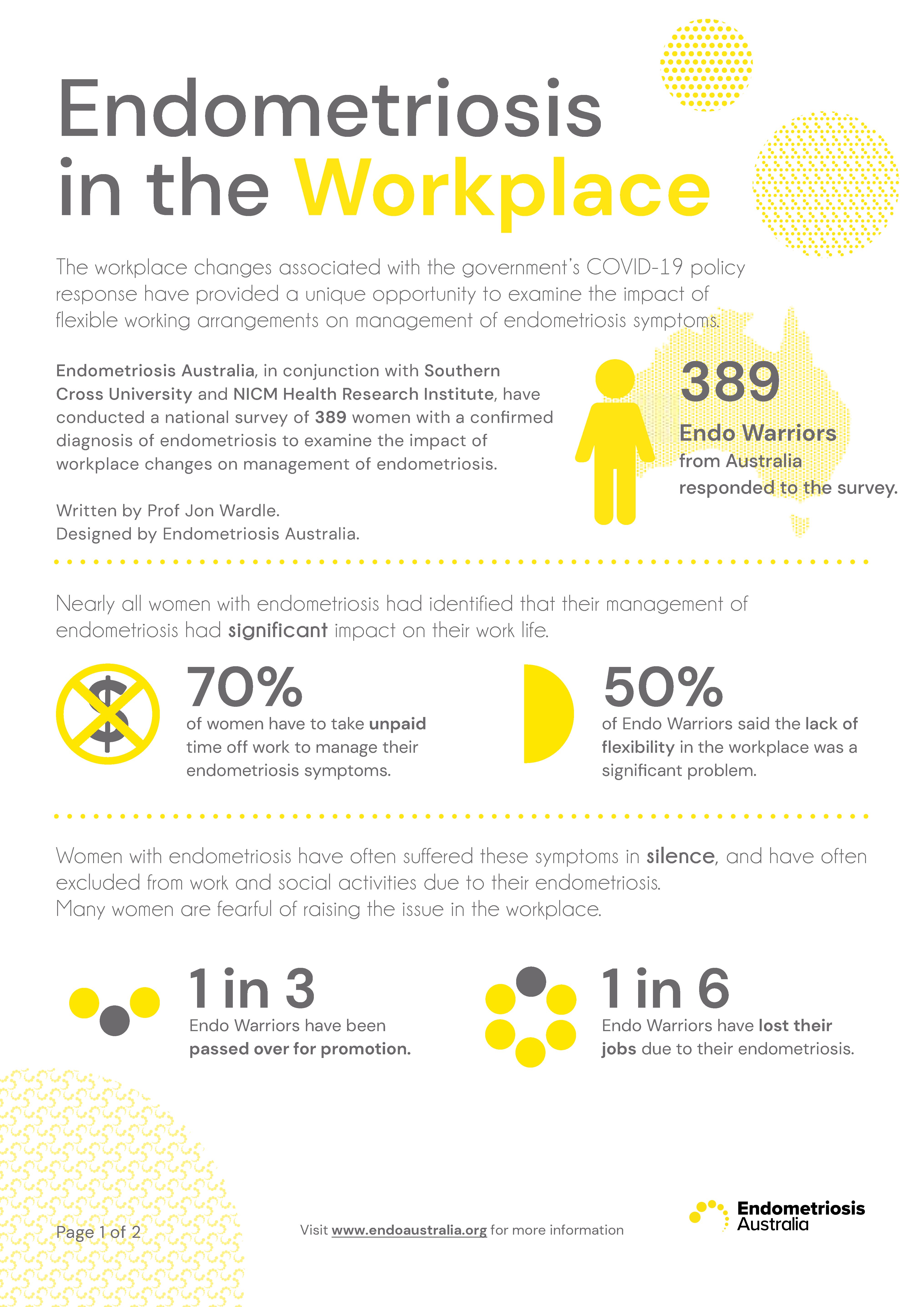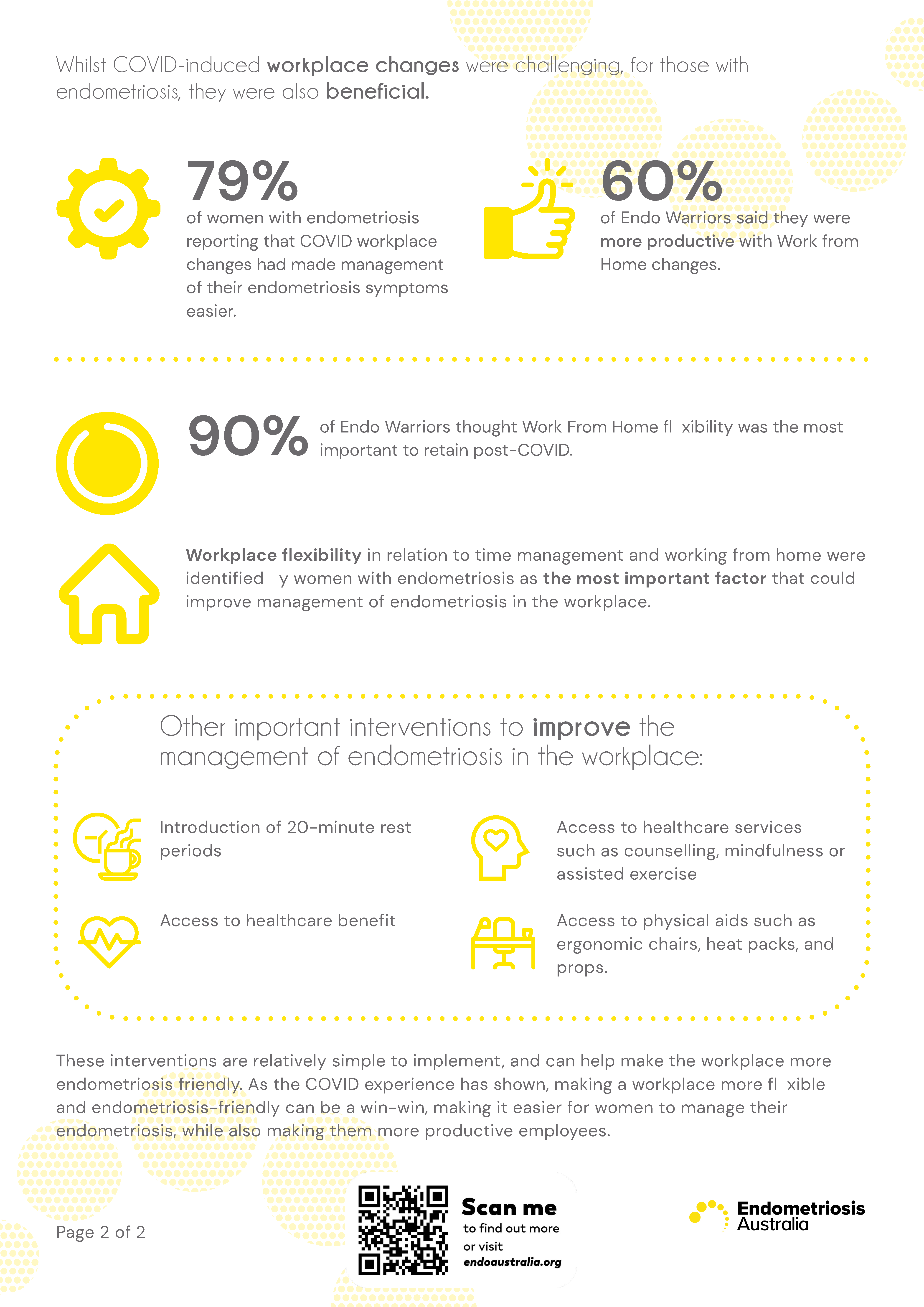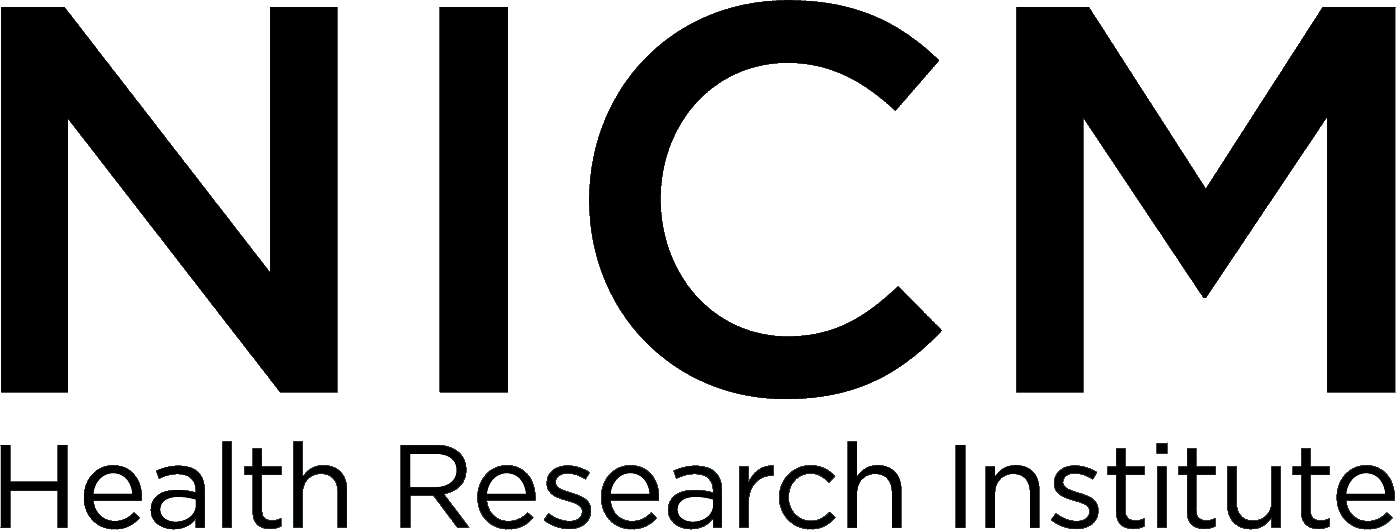
EndoThrive Workplace Accreditation Program

Build a Workplace That Truly Supports People With Endometriosis
Endometriosis affects an estimated 1 in 7 women+ in Australia, yet its workplace impact is often overlooked. Symptoms can affect attendance, performance, career progression, and psychological safety, long before employees feel safe to ask for support.

EndoThrive is the world’s first evidence-based Workplace Accreditation Program
EndoThrive is helping organisations build supportive, inclusive and equitable environments for the 1 million Australian women and people presumed female at birth living with endometriosis.
Why Workplaces need EndoThrive
Workplaces play a critical role in shaping access, inclusion, and opportunity.
When employees don’t feel supported, the impact reaches far beyond productivity; it can affect retention, well-being, and organisational culture. With the right frameworks and tools, managers can confidently support their teams and lift the well-being of every employee.
EndoThrive Accreditation Process
Our accreditation process is simple, structured and adaptable to organisations of all sizes. Each step builds a foundation of awareness, capability and practical support.
Organisation-wide or team-based presentation to build foundational understanding
Staff and manager e-learning modules focused on practical support and cultural change
Expert Review of existing workplace practices and tailored recommendations
Recognition as an Endometriosis Friendly Employer, with an accreditation badge and ongoing support
Examples of Program Inclusions
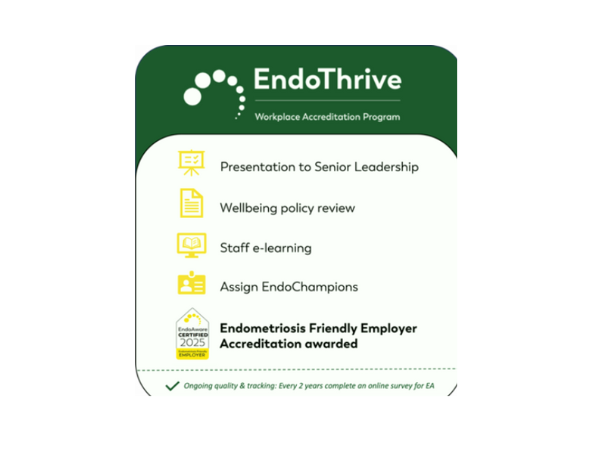
What EndoThrive delivers for your organisation
EndoThrive provides employers with practical tools, specialised guidance, and evidence-based resources designed to lift workplace culture and create lasting change for those with chronic illnesses like endometriosis.
Comprehensive frameworks and guidance to support staff living with endometriosis
Educational resources to distribute organisation-wide
Manager support tools and conversation frameworks
Endometriosis Friendly Employer Accreditation Badge
Policy recommendations aligned with emerging research and legislation
First access to new resources and insights from EA and academic partners
The benefits of being an endometriosis-friendly employer

- A workplace culture that does not allow endometriosis to be hidden or dismissed
- Increased awareness, understanding, and psychological safety
- Confident managers who can support staff proactively and compassionately
- Stronger compliance and alignment with evolving women’s health expectations
- Productivity boost – providing support the way your team needs
- Retaining and attracting talent
- Reducing presenteeism and absenteeism by providing the support and flexibility as needed
Trusted by Leading Australian Organisations
“By raising awareness and implementing programs like EndoThrive, we can break down the stigma and build workplaces where people feel safe asking for support.”

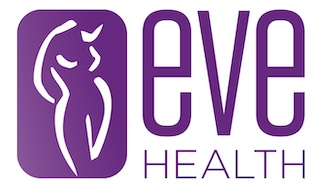
Research to support Endometriosis and the workplace
%
70% have taken unpaid time off work to manage symptoms
%
50% identified lack of workplace flexibility as a significant problem.
%
79% reported that work-from-home flexibility made managing symptoms easier
%
60% said they would be more productive working from home
%
90% believed flexible hours and remote work could improve their ability to manage endometriosis at work
Supported by proven studies
1. Howe, D., Duffy, S., O’Shea, M., Hawkey, A., Wardle, J., Gerontakos, S., Steele, L., Gilbert, E., Owen, L., Ciccia, D., Cox, E., Redmond, R., & Armour, M. (2023). Policies, Guidelines, and Practices Supporting Women’s Menstruation, Menstrual Disorders and Menopause at Work: A Critical Global Scoping Review. Healthcare, 11(22), 2945. https://doi.org/10.3390/healthcare11222945
2. Armour, M., Ciccia, D., Stoikos, C., & Wardle, J. (2022). Endometriosis and the workplace: Lessons from Australia’s response to COVID‐19. Australian and New Zealand Journal of Obstetrics and Gynaecology, 62(1), 164-167. https://obgyn.onlinelibrary.wiley.com/doi/10.1111/ajo.13458
Ready to create a more supportive workplace?




